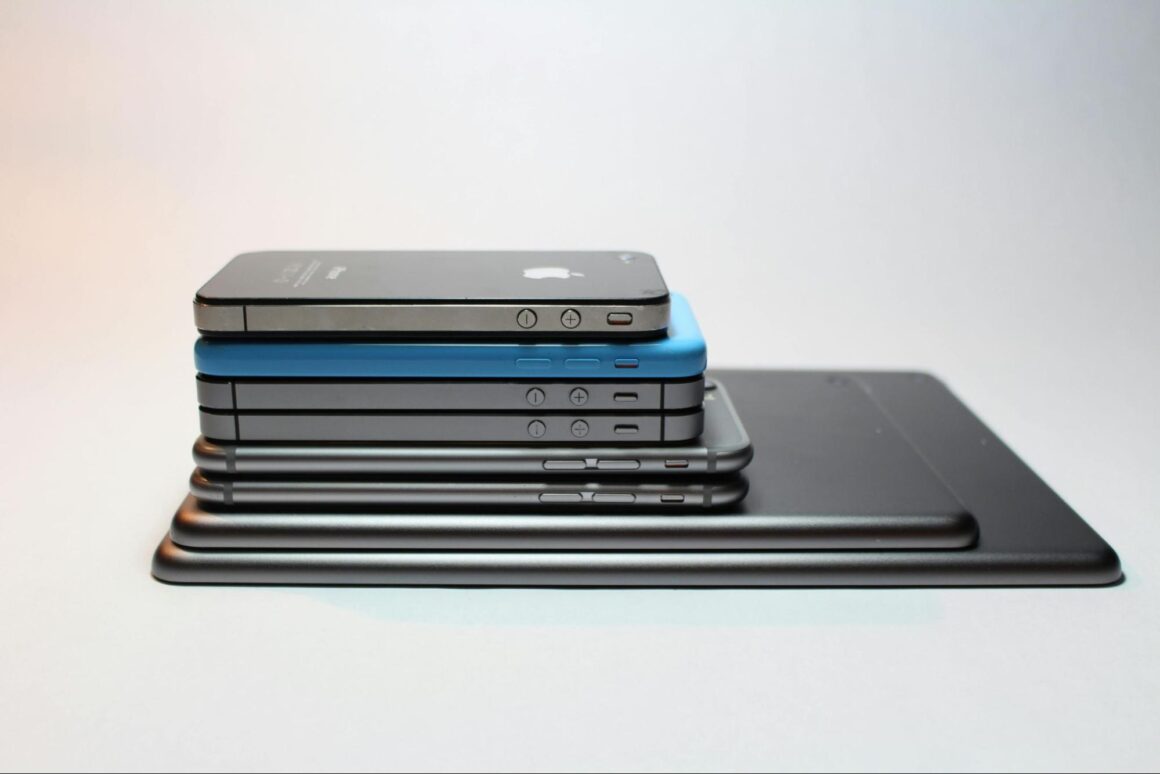Trends, Benefits & Challenges: Mobile Technology in Healthcare
Mobile Technology in Healthcare
The evolution of mobile technology in healthcare has revolutionized patient care and medical procedures. Mobile apps and telemedicine platforms have drastically improved accessibility to healthcare services. This evolution is driven by the widespread adoption of smartphones and wearable devices in the healthcare sector.
1. Integration of Mobile Apps
Mobile apps have become essential tools for healthcare providers and patients alike. They enable remote monitoring of vital signs, medication management, appointment scheduling, and effective reputation management for doctors to enhance patient trust. These apps offer convenience and real-time data access, enhancing patient engagement and care coordination.
2. Rise of Telemedicine Platforms
Telemedicine platforms have transformed the way patients interact with healthcare professionals. They allow for virtual consultations, remote diagnosis, and treatment recommendations. Telemedicine bridges the gap between patients and providers, especially in underserved areas, improving healthcare accessibility.
3. Remote Patient Monitoring
Mobile technology enables remote patient monitoring, providing continuous health data through wearable devices. These devices track vital signs, activity levels, and other health metrics, allowing healthcare providers to intervene proactively. Remote monitoring enhances patient outcomes and reduces hospital readmissions.
4. Personalized Healthcare Services
The integration of mobile technology in healthcare enables personalized treatment plans tailored to individual patient needs. By analyzing patient-generated data from mobile apps and wearable devices, healthcare providers can deliver targeted interventions and preventive care strategies.
5. Enhancing Healthcare Efficiency
Mobile technology streamlines healthcare processes, reducing administrative burdens and enhancing operational efficiency. Electronic health records accessible via mobile devices ensure seamless information exchange among healthcare professionals, leading to improved care coordination and decision-making.
The ongoing evolution of mobile technology in healthcare is reshaping the industry, making healthcare services more accessible, personalized, and efficient. Embracing these advancements is crucial for healthcare providers to deliver high-quality care in a rapidly evolving digital landscape.

Challenges of Implementing Mobile Technology in Healthcare
Implementing mobile technology in healthcare presents several challenges that need to be addressed for successful integration into medical practices. These challenges can arise from various factors such as data security concerns, regulatory compliance issues, interoperability issues, and patient privacy risks.
- Data Security Concerns:
Ensuring the security of sensitive patient data transmitted through mobile devices is a critical challenge. Healthcare providers must implement robust security measures to protect patient information from unauthorized access or cyber threats. Encrypting data, implementing secure authentication protocols, and regular security audits are essential to maintain data integrity and confidentiality. - Regulatory Compliance Issues:
Complying with strict healthcare regulations, such as HIPAA (Health Insurance Portability and Accountability Act), adds complexity to the implementation of mobile technology in healthcare. Healthcare organizations must ensure that mobile apps and devices adhere to regulatory standards to safeguard patient privacy and confidentiality. Failure to comply with regulations can result in legal consequences and reputational damage. - Interoperability Challenges:
Integration of mobile technologies with existing healthcare systems and electronic health records (EHRs) can be challenging due to interoperability issues. Ensuring seamless communication between different systems and devices is essential for effective data exchange and continuity of care. Healthcare providers need to invest in interoperable solutions to enable efficient sharing of patient information across platforms. - Patient Privacy Risks:
The use of mobile technology in healthcare raises concerns about patient privacy and confidentiality. Healthcare organizations need to establish clear policies and protocols to protect patient data and address privacy risks associated with mobile devices. Educating staff and patients about best practices for using mobile technology securely is crucial to mitigate privacy risks and maintain trust in healthcare services.

Future Trends in Mobile Technology for Healthcare
Enhancing Remote Monitoring: Mobile technology will enable continuous remote monitoring of patients’ health status and vital signs. It’ll facilitate proactive healthcare interventions based on real-time data, improving disease management and reducing hospital readmissions.
Integration of AI and Machine Learning: Healthcare mobile apps will increasingly incorporate artificial intelligence (AI) and machine learning algorithms to provide personalized treatment recommendations, optimize clinical workflows, and aid in diagnostic accuracy.
Rise of Virtual Reality (VR) and Augmented Reality (AR): Virtual reality and augmented reality technologies integrated into mobile healthcare apps will revolutionize medical training, patient education, and surgical procedures by creating immersive and interactive experiences.
Blockchain for Secure Data Management: The adoption of blockchain technology in mobile healthcare applications will ensure secure storage and transfer of sensitive patient data, enhancing data transparency, integrity, and interoperability across healthcare systems.

